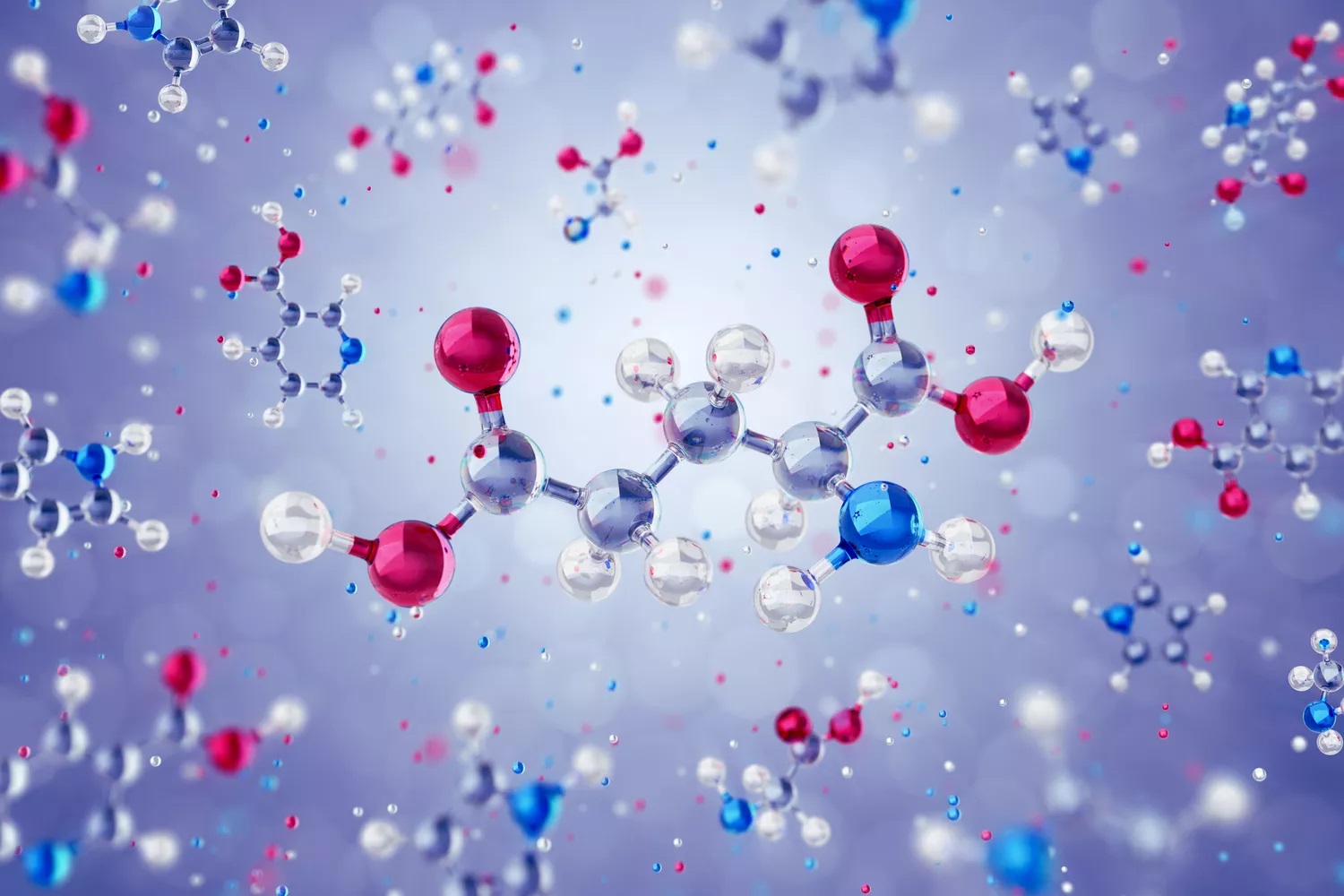
The world of chemistry is filled with fascinating elements and compounds, and one such compound that has captured the attention of scientists and enthusiasts alike is monomer. Monomers are the building blocks of larger molecules, and they play a critical role in various industries, ranging from polymers to pharmaceuticals. Despite being a relatively simple compound, monomer holds a myriad of intriguing facts that may surprise you. In this article, we will explore 10 unbelievable facts about monomer that will expand your understanding of this essential chemical component. So, hold on tight as we delve into the fascinating world of monomers and uncover some mind-blowing facts.
Key Takeaways:
- Monomers are the tiny building blocks that create the materials we use every day, like plastic bottles and clothing fibers. They’re like the LEGO pieces that form the big, cool structures!
- Different types of monomers, natural or synthetic, join together to make strong, flexible, and unique materials. They’re like the secret ingredients that give each material its special powers!
Monomer: The Building Block of Polymers
Monomers are the foundational units that form the basis of polymers. These small, molecular substances have the ability to bond together, creating long chains or networks that make up various materials.
Monomers Are Everywhere
From the plastic bottles we use to the fibers in our clothing, monomers are present in countless everyday items. Their versatility allows for the creation of a wide range of materials that we rely on in our daily lives.
Monomers Come in Different Types
There are various types of monomers, each with its own unique characteristics and uses. Some common types include ethylene, styrene, vinyl chloride, and acrylic acid, to name just a few.
Monomers Can Be Natural or Synthetic
Natural monomers can be found in organic matter such as proteins, carbohydrates, and nucleic acids. Synthetic monomers, on the other hand, are artificially created through chemical processes.
Monomers and Polymerization
Polymerization is the process by which monomers join together to form polymers. This can occur through various mechanisms, such as addition polymerization or condensation polymerization.
Monomers Dictate the Properties of Polymers
The specific monomers used in polymerization greatly influence the properties of the resulting polymer. Factors such as monomer composition, molecular weight, and branching can all impact the material’s strength, flexibility, and other characteristics.
Monomers in Biological Systems
In biological systems, monomers play a crucial role in the formation of macromolecules like proteins, DNA, and carbohydrates. The precise arrangement and sequence of monomers determine the structure and function of these biomolecules.
Crosslinking of Monomers
In some cases, monomers can undergo crosslinking, where the polymer chains form bonds with each other, creating a three-dimensional network. This process enhances the strength and durability of the material.
Monomers in Adhesives and Coatings
The adhesive and coatings industry extensively uses monomers to create products with strong bonding capabilities. These monomers can be tailored to provide specific adhesive properties, such as high strength, flexibility, or resistance to environmental factors.
Monomers and Environmental Impact
While monomers have revolutionized various industries, there is growing concern about their environmental impact. Proper disposal and responsible manufacturing practices are crucial to mitigate any potential harm to ecosystems.
These 10 unbelievable facts about monomers highlight the essential role they play in our everyday lives. From the creation of durable plastics to the intricate structure of biological molecules, monomers continue to shape our world.
Conclusion
In conclusion, monomers are fascinating compounds that play a crucial role in various aspects of chemistry. They serve as the building blocks for polymers, which are involved in numerous everyday applications. From the incredible versatility of monomers to the impact they have on our daily lives, there is no doubt that they are worth exploring and understanding.
FAQs
Q: What are monomers?
A: Monomers are small molecules that can join together to form long chains called polymers. They are the building blocks of polymers and often have repeating units in their structures.
Q: What are some examples of monomers?
A: Some examples of monomers include ethylene, which can polymerize to form polyethylene, and vinyl chloride, which can polymerize to form polyvinyl chloride (PVC).
Q: How are monomers used in everyday life?
A: Monomers are used in a wide range of applications, such as the production of plastics, synthetic fibers, adhesives, and coatings. They are also used in the manufacturing of various consumer products, including packaging materials and household items.
Q: Are all monomers synthetic?
A: No, not all monomers are synthetic. While many monomers are artificially created, some can be naturally occurring. For example, amino acids, which are the building blocks of proteins, are natural monomers.
Q: How do monomers polymerize?
A: Monomers polymerize through a chemical reaction called polymerization. This process involves linking the monomer units together, typically through the formation of covalent bonds. Polymerization can occur through various mechanisms, such as addition polymerization and condensation polymerization.
Monomers, building blocks of polymers, play a crucial role in our daily lives. From natural to synthetic, their versatility is astounding. Polymerization processes transform monomers into complex structures with unique properties. Biological systems rely on monomers for essential functions. Crosslinking monomers creates robust networks in adhesives and coatings. However, the environmental impact of monomers must be considered. Curious about copolymers and their enigmatic nature? Intrigued by the fascinating world of polymerization? Eager to explore the intricacies of polymer chemistry? Read on to satisfy your scientific curiosity and expand your knowledge in this captivating field.
Was this page helpful?
Our commitment to delivering trustworthy and engaging content is at the heart of what we do. Each fact on our site is contributed by real users like you, bringing a wealth of diverse insights and information. To ensure the highest standards of accuracy and reliability, our dedicated editors meticulously review each submission. This process guarantees that the facts we share are not only fascinating but also credible. Trust in our commitment to quality and authenticity as you explore and learn with us.
